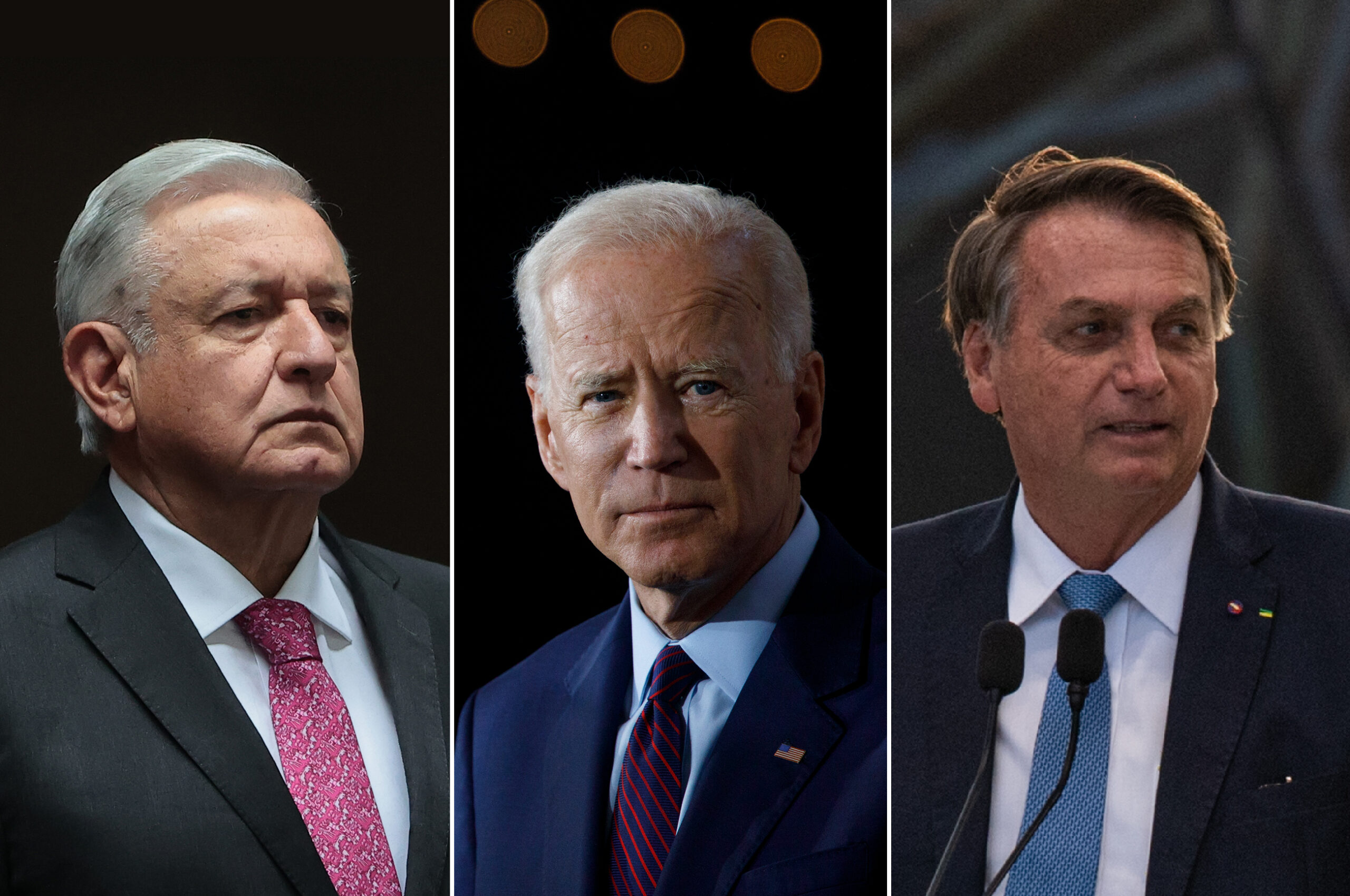BY OLIVER STUENKEL
DECEMBER 7, 2021
Debates should focus on home-grown threats to democracy such as inequality, fake news and the militarization of politics – rather than outside challenges.
SÃO PAULO – Most observers agree that democracy in Latin America is facing its worst crisis in decades. Ranging from the consolidation of autocracies in Nicaragua, El Salvador and Venezuela to the rise of authoritarian-minded populists in Brazil and Mexico, there is a growing sense that democratic leaders are on the backfoot and that a further erosion of democracy – including in the United States – is a very real possibility. Initially seen as an aberration, Trump, Bolsonaro, Bukele and López Obrador, may turn out to be, some fear, the new normal.
In this deeply worrisome context, a global gathering to discuss how to strengthen democratic governance around the world is a laudable enterprise. Granted, the meeting suffers from several problems from the start. More than 100 leaders and representatives from civil society and private sector were invited to the summit scheduled for Dec 8 and 9. Most obviously, the United States included some non-democracies (such as Angola), while ignoring a few…
Read full article here









